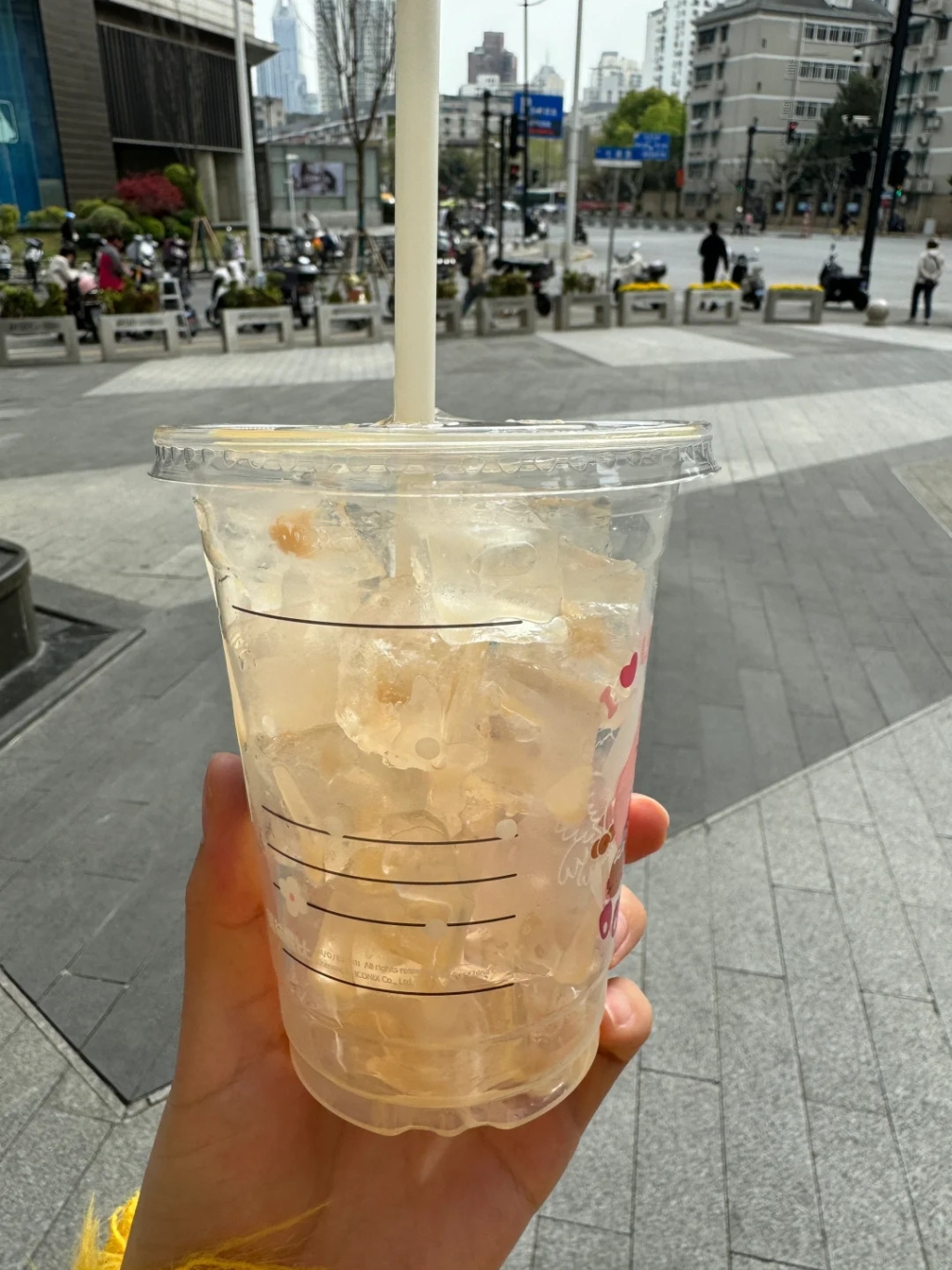Do you really treat consumers as your grandson? Grandpa doesn’t make tea for 17 yuan and only half a cup of unopened milk tea!
Recently, the tea drink brand "Grandpa Don't Make Tea" fell into a whirlpool of public opinion due to the consumer's exposure of "17 yuan milk tea that has not been opened for only half a cup". According to the video released by netizens, half of the body of the "First Love Rose Qingti" drink cup he purchased is an opaque design. After flipping, it can be seen that the actual capacity is less than half a cup, which has caused widespread doubts. Although the brand has apologized and refunded, the franchising management loopholes and industry unspoken rules exposed by the incident continue to ferment.

On April 19, consumers posted a video on Xiaohongshu that the 17 yuan drink he bought felt abnormal weight after getting the 17 yuan drink, and flipped the cup and found that it was only half a cup of capacity. The post quickly resonated with the number of likes exceeded 117,000 by mid-May and 13,000 messages left. Many netizens said they had encountered similar problems, and some even joked that "Grandpa should change its name to 'Grandpa' if it doesn't make tea."

The brand left a message on the day of the post saying that it "attached great importance to it and had initiated an investigation", and confirmed to the media on May 15 that it had contacted customers to apologize and refunded, and emphasized that "there are standard procedures for beverage production." However, this response failed to calm the controversy. Consumers pointed out that brands blamed the problem on individual stores, but the phenomenon of "dissatisfaction with the cup" has long existed, and questioning its standard process is ineffective.

The incident of "Grandpa doesn't make tea" is not an isolated case. Previously, Luckin Caffeine's "two-thirds of ice cubes" has been on the hot searches many times, and some consumers have reported that "only half a cup left after removing the ice"; brands such as Cha Baidao and Guming have also been exposed to "half the capacity after the milk foam melts." Industry insiders revealed that some brands reduce costs through "invisible water injection" such as ice cubes and milk foams. Some stores even refuse to remove ice on the grounds of "affecting the taste", which is suspected of infringing on consumers' right to fair trading.

Legal experts pointed out that according to the Consumer Rights Protection Law, merchants must clearly mark the beverage capacity or provide de-icing options, otherwise it may constitute fraud. Previously, the Chongqing court ruled that a barbecue restaurant compensated consumers 500 yuan because the weight of the dishes was seriously inconsistent with the promotional map, setting a benchmark for similar cases.
Public information shows that "Grandpa doesn't make tea" has expanded rapidly with its low-threshold franchise strategy. The number of stores has surged from 300 at the end of 2023 to 1,800 at the beginning of 2025, and plans to exceed 5,000 within the year. However, hidden dangers behind the rapid expansion occur frequently: In January this year, a store in Hebei was investigated by the Tobacco Bureau for opening a cigarette; in this "half cup door" incident, the brand blamed the store's execution, but consumers pointed out that the products of different stores are huge, questioning the failure of its quality control system.

Analysts in the Cabaodian said that the franchise model is likely to lead to loose management, and brands need to find a balance between expansion and quality control. "The key to the half-cup problem is not whether the cup body is transparent, but whether the merchant is honest." If the brand neither modifyes the standard process nor strictly enforces it, it will eventually overdraw consumer trust.
At present, consumer associations in many places have paid attention to the issue of beverage capacity and called for the establishment of "net content" labeling standards. Some brands have begun to try the "transparent cup body + capacity scale" design, but the full implementation still requires industry consensus. Consumers have called on tea brands to abandon the routine of "pictures are for reference only" and win the market with real products.

As the incident continues to ferment, the half cup of milk tea that "grandfather doesn't make tea" has become an industry warning case. In the new tea track with fierce competition, how to balance cost, efficiency and consumer rights will be a proposition that all brands must face.








